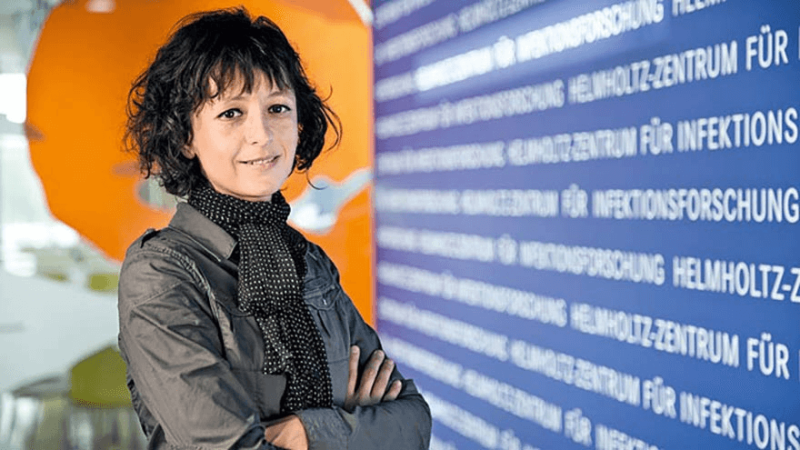In early September, [CRISPR co-creator Emmanuelle] Charpentier traveled to Yerevan, Armenia to be one of the main speakers at the Starmus VI Festival. In her interview with EL PAÍS, the scientist explains that she is still focused on the same goal as she was years ago: looking for new forms of gene editing to combat antibiotic-resistant infections. These superbugs already kill more people than AIDS, malaria and some cancers. For her, one of the greatest dangers we face is that the basic sciences – which require years of hard work – are no longer attractive to young people, who will need to invent new treatments and medicines in the future. This interview has been edited for the purposes of clarity and brevity.
Q: What role will CRISPR play in treating disease?
Charpentier: “This tool could help interfere with human metabolism in a beneficial way, to eliminate the negative effects of common diets in the Western world. These same problems are becoming more and more prevalent in Asia [the developing world], because the population’s metabolism is not prepared for this type of diet, with lots of meat and enriched carbohydrates. One of the key ailments in this field would be diabetes, for example. Also obesity and infectious diseases.”































